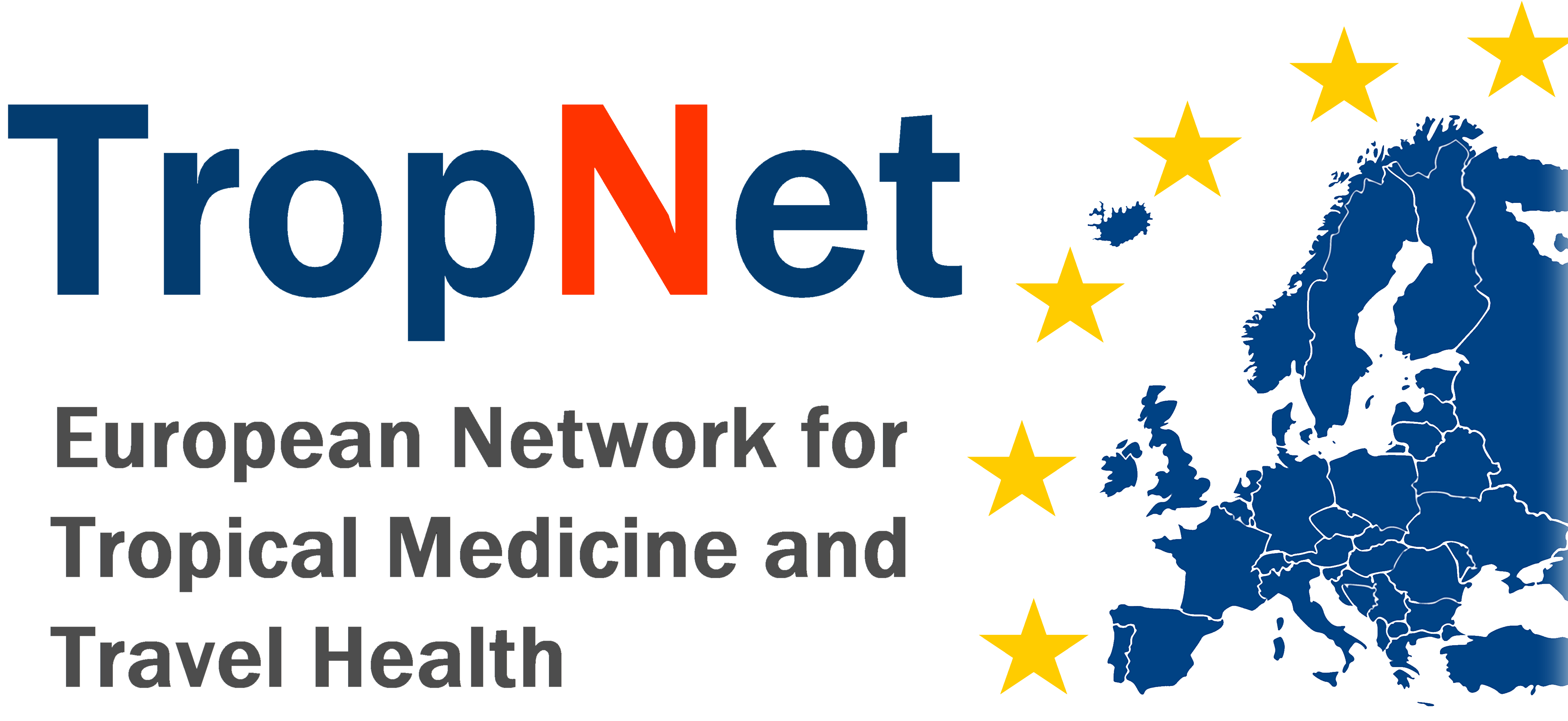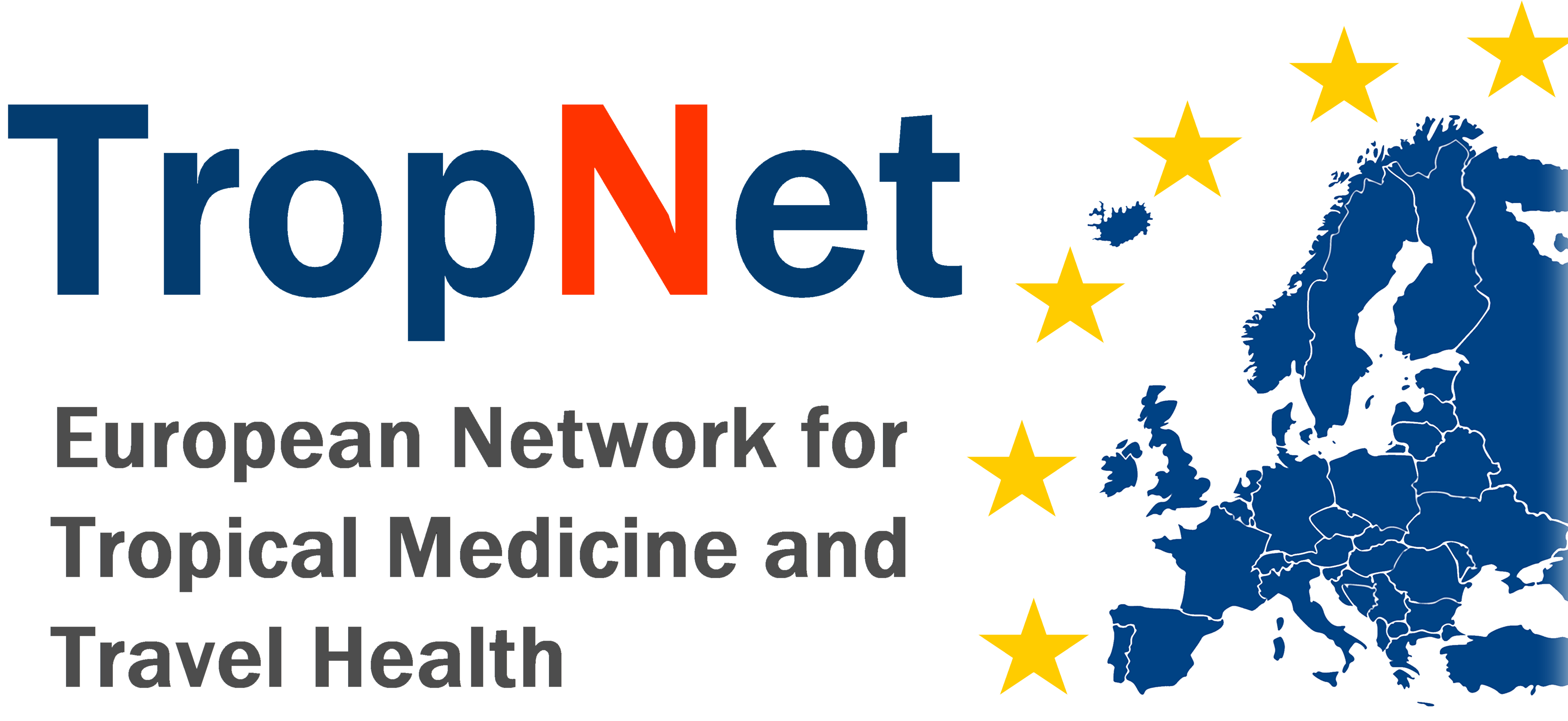Last Updated on
Therapy of uncomplicated falciparum malaria in Europe - A prospective observational study
Rationale
With approximately 11.000 annually reported cases (significant underreporting is assumed), malaria is the most important tropical disease imported into Europe both in clinical terms and in absolute figures. Although the number of available efficacious drugs is limited, treatment policies vary widely within Europe, and there is currently no treatment standard agreed upon.
This study serves the need to harmonise procedural steps during diagnosis and treatment of malaria patients amongst leading malaria treatment centers as those collaborating under the TropNetEurop (throughout Europe) and SIMPID (within Germany) umbrellas. Standardisation of documentation of procedures, a harmonised adverse events (AE) assessment sheet, and a standardised follow-up procedure will facilitate direct comparison of treatment regimens in use in terms of cure rate and rate and severity of AEs. The overall aim of this observational study is to summarise data on therapeutic regimens in Europe, in order to harmonise treatment modalities for uncomplicated falciparum malaria, and to optimise drug treatment strategies amongst leading European centers of tropical medicine.
Research questions / objectives
- Are there significant differences in adverse event rate and severity between different ‘standard’ regimens currently in use in Europe?
- Are there significant differences in clinical and parasitological cure rates on days 7 and 28?
Study design
Prospective observational study (non-randomised, open label)
Study population
Patients with confirmed uncomplicated falciparum malaria recruited at the participating centers of tropical medicine and infectious diseases
Inclusion criteria
Confirmed uncomplicated falciparum malaria (mono infections) with or without (compliant or noncompliant) chemoprophylaxis performed, no previous malaria therapy for the actual episode of illness, minimum age 18 years. Informed consent, if non-routine procedure is included, and a positive ethics votum has been considered necessary and obtained at the respective study site.
Exclusion criteria
Age less than 18 years, complicated/severe falciparum malaria, or denial of informed consent. Pregnancy is no exclusion criteria, as those patients do require immediate therapy aiming at eradication of P. falciparum parasitaemia, and therefore fall into the scope of this study which is observational in nature. Mixed infections ought to be excluded in order to reduce sample heterogeneity.
Sampling duration and sample size
We aim at assessing the various treatment regimens in use throughout TropNetEurop, SIMPID and other specialist sites over a period of 2 years. This period may be extended (open time frame). The launch of the study is in December 2003.
We aim at including no less than 200 episodes of observed treatments with each major regimen in use, i.e. mefloquine, quinine alone and in combinations, atovaquone/proguanil, and artemether/lumefantrine. Estimates run at around 600 recorded observations per annum. Precise numbers of observed treatment cases for each major regimen will depend on the policies at different study centres.
Data collection
By electronic case reporting (Study software linked to TropNetSentry or SIMPIDSentry surveillance software)

